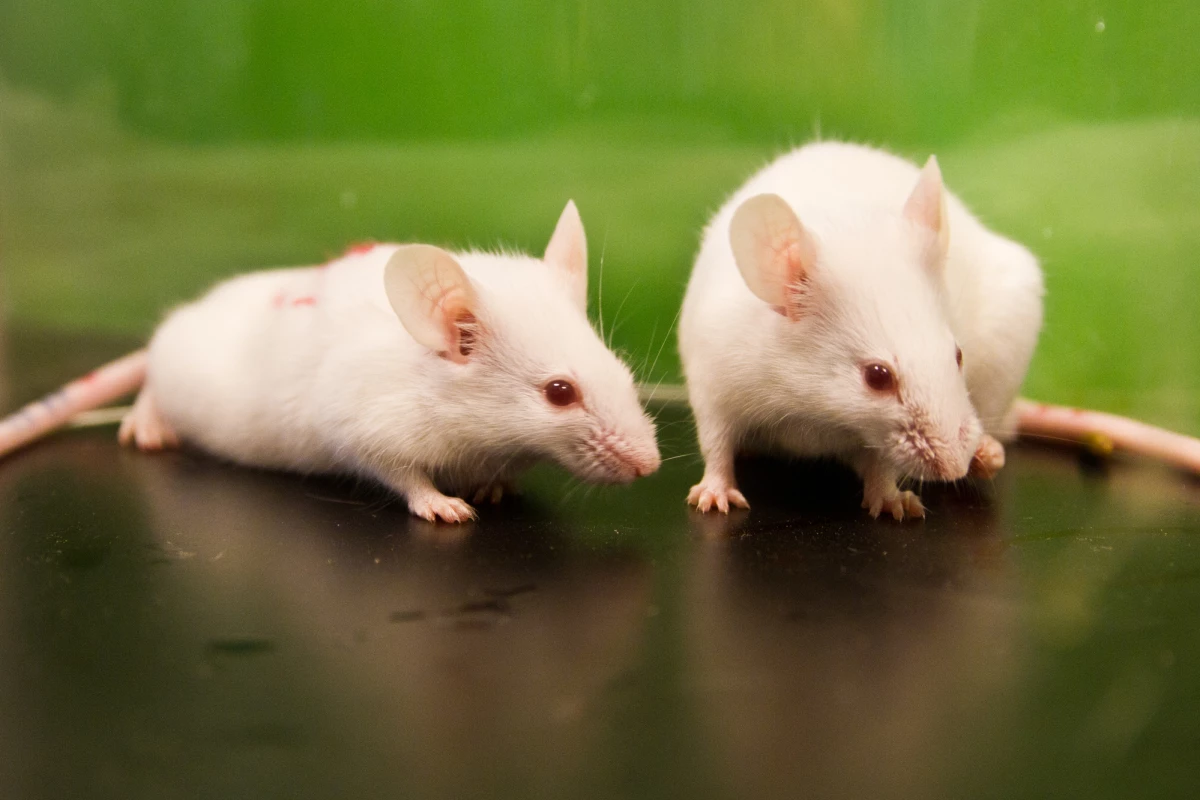An impressive new study has highlighted the gut-brain link between social behavior and gut microbes in mice. The thorough research shows how lacking certain gut bacteria can increase levels of a hormone that directly activates part of the brain that contributes to antisocial activities.
Perhaps one of the stranger corners in the microbiome research world is the work investigating links between gut bacteria and social behavior. There is evidence of associations between microbial diversity in the gut and depression, schizophrenia or even autism. One recent striking study from Oxford University found a relationship between the microbiome and personality traits.
Many of these recent microbiome discoveries originated in animal studies. These preclinical studies certainly don’t always translate their findings to humans but they do offer compelling clues, directing researchers in certain directions.
In terms of studying the relationship between social behavior and the microbiome we know that when mice are bred without any trace of gut bacteria they exhibit increased antisocial behavior. We also know that these so-called "germ-free" mice show high levels of a stress hormone called corticosterone. In humans we know this hormone as cortisol.
So this new study set out to unpack the strange relationship between antisocial behavior, corticosterone and gut bacteria. After first confirming the link between increased corticosterone levels and reduced microbiome diversity, the researchers looked to exactly what parts of the animals’ brain were being activated by the stress hormone.
"There are a lot of neurons in the body that respond to corticosterone – called glucocorticoid receptor-positive neurons – and we wanted to know which cell populations and brain regions were then responsible for the altered social behaviors in germ-free mice" says Sarkis Mazmanian, one of the researchers working on the project.
One particular subset of neurons, in the paraventricular nucleus of the hypothalamus, particularly stood out. So the researchers then blocked corticosterone from activating these specific neurons in the germ-free mice. Incredibly, the mice quickly returned to normal social behaviors even though they lacked any gut bacteria and their corticosterone levels were still high.
The next step was investigating how a lack of gut bacteria increased corticosterone levels. The researchers painstakingly and systematically homed in on one specific species of bacteria that seemed to directly influence levels of the stress hormone.
When germ-free mice were administered Enterococcus faecalis their corticosterone levels dropped and their social behaviors improved. This confirmed the pathway by which gut bacteria influences social behavior in mice.
“The underlying neuronal circuits that mediate the microbiome's influence on behavior had not been previously discovered,” explains Mazmanian. “This work strengthens the emerging appreciation of the profound effects of the gut-brain connection.”
It is still unclear how this particular bacteria directly lowers corticosterone levels. The researchers hypothesize other bacterial species could exert similar effects, and further study will certainly work to understand the mechanism at play. But, for now, this study offers a compelling insight into a specific neuronal pathway that responds to signals from gut bacteria and influences subsequent behavior.
In hypothesizing why this kind of symbiotic relationship could have evolved, the researchers speculate several possibilities. One idea offered is that certain micro-organisms evolved to push its host into greater social behaviors as a way of better spreading through a given population.
“It is tempting to speculate that symbiotic bacteria have evolved properties that promote social behaviors among animals under stress to disseminate microorganisms within a population, create social groups among animals to preserve microbial communities, and/or influence animal mating to expand host–microbiome symbiosis across generations,” the researchers write in the new study.
The new study was published in the journal Nature.
Source: Caltech




